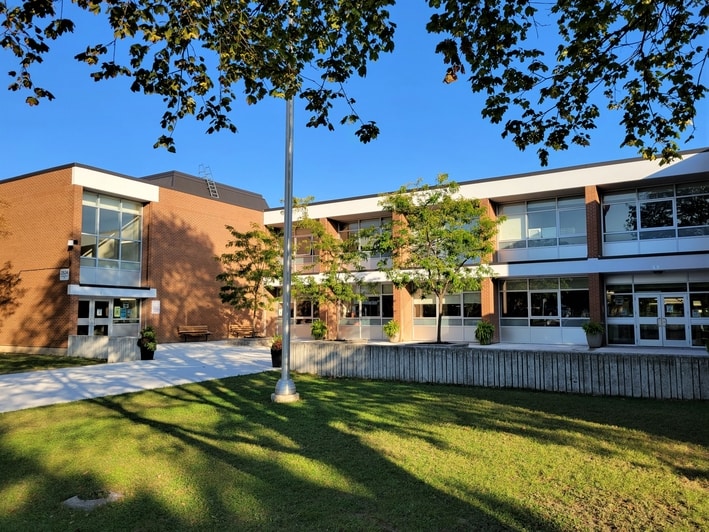Choosing the right high school is a crucial decision that can significantly impact a student's academic and personal development. Mississauga, a vibrant city in Ontario, offers a diverse range of high schools, each with its unique strengths and opportunities. Here are nine essential tips to help you find the best high school in Mississauga for your needs.
1. Identify Your Priorities
Start by identifying what is most important to you and your child. Are you looking for strong academic programs, a focus on arts, sports facilities, or extracurricular activities? Knowing your priorities will help you narrow down your options and focus on schools that align with your goals.
2. Research School Rankings and Performance
School rankings provide valuable insights into the academic performance and overall quality of a high school. Look for rankings that consider various factors, such as standardized test scores, graduation rates, and post-secondary success. Websites like the Fraser Institute offer comprehensive rankings for high schools in Mississauga.
3. Visit the Schools
Nothing beats a firsthand visit to the school. Attend open houses, take guided tours, and observe classes if possible. This will give you a feel for the school environment, facilities, and interactions between teachers and students. Pay attention to the school's culture and whether it seems like a good fit for your child.
4. Consider the School's Curriculum
Different schools may offer different curricula, such as the International Baccalaureate (IB), Advanced Placement (AP), or specialized programs like STEM or arts. Ensure the school you choose provides a curriculum that aligns with your child's interests and future academic or career goals.
5. Evaluate Extracurricular Opportunities
Extracurricular activities are vital for a well-rounded education. Check if the school offers clubs, sports teams, music programs, and other activities that match your child's interests. A strong extracurricular program can enhance your child's social skills, leadership abilities, and overall school experience.
6. Examine the School's Facilities
The quality of a school's facilities can greatly influence the learning environment. Look for modern classrooms, science labs, libraries, sports fields, and arts facilities. Schools with well-maintained facilities are more likely to provide a positive and productive educational experience.
7. Consider the School's Location
Proximity to home is an important factor to consider. A school closer to home reduces commute time, allowing your child more time for studies and extracurricular activities. Additionally, being close to home can make it easier for you to stay involved in school events and parent-teacher meetings.
8. Seek Feedback from Other Parents
Talking to parents who have children attending the schools you're considering can provide valuable insights. They can share their experiences, the school's strengths and weaknesses, and how well their children have adapted to the environment. Online forums and community groups can also be useful resources for gathering feedback.
9. Look Into the School's Support Services
Support services, such as counseling, special education, and tutoring, are essential for students who may need extra help. Make sure the school you choose has robust support services to cater to the diverse needs of its students. This can make a significant difference in your child's academic success and overall well-being.
Conclusion
Finding the best high school in Mississauga requires careful consideration of various factors, from academic performance to extracurricular opportunities. By following these nine tips, you can make an informed decision that will set your child on the path to success. Remember, the right school should not only meet academic needs but also provide a supportive and enriching environment where your child can thrive.
- Get link
- X
- Other Apps
Labels
#high school in Mississauga- Get link
- X
- Other Apps

Comments
Post a Comment